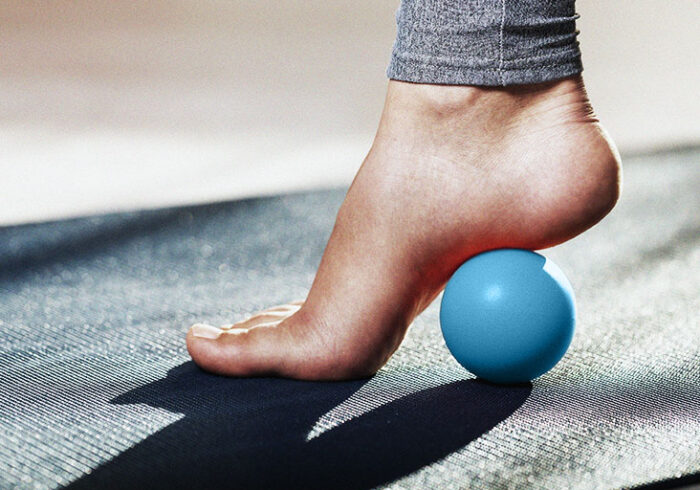What Exactly Are Tension Headaches?
Tension headaches are characterized by a dull pain, tightness, or pressure in the vicinity of your forehead or the back of your head and neck. Some people describe the feeling as if a clamp were crushing their skull. They are also known as tension headaches and are the most frequent type in adults.
There are two kinds of them:
-
- Tension headaches occur on less than 15 days a month.
- Chronic pain headaches occur more than 15 times a month.
These headaches will last anywhere from 30 minutes to a few days. The episodic form begins typically slowly, usually in the middle of the day.
Chronic ones emerge and fade for a prolonged period. The pain may become more intense or less intense during the day, but it is almost always there.
Although your head hurts, stress headaches typically do not deter you from going through your everyday routines and have little effect on your vision, coordination, or strength.
Where does it inflict pain?
- This form of headache can cause:
- It starts as an ache at the back of your head and works your way forward.
- Turn into a band of dull pressure or squeezing agony that wraps around the whole head.
- Affect all sides of your head in the same manner.
- Pain in your neck, shoulders, and jaw muscles.
Symptoms of Tension Headache
Typical signs include:
- A headache that begins later in the day with mild to severe pain or discomfort in the front, top, or sides of the head
- Sleeping problems
- Feeling very tired
- Feeling very tired
- Having difficulty focusing
- Mild sensitivity to light or noise
- Muscle pain
You would not feel other nerve signs, such as muscle fatigue or blurred vision, as you would for a migraine headache. Furthermore, tension headaches do generally not result in extreme reaction to light or sounds, stomach pain, nausea, or vomiting. If you experience any of that visit a migraine specialist in Singapore immediately.
Causes of Tension Headache
Several causes tension headaches. Generations do not pass them on. Some people get them due to tense muscles in the back of the neck and on the scalp.
Migraines vs Tension Headaches
What distinguishes them?
What do tension headaches feel like? Pain that is consistent, mild to moderate, and does not throb. It can improve or worsen throughout the headache.
Where do they inflict pain?
It can hurt all over your head, but you will most definitely experience a band of pain across your forehead, back of your head, or neck. The headache does not intensify as a result of exercise. Tenderness in the jaw, shoulders, neck, and head is probable.
Is there something more going on?
This form of headache does not have nausea, vomiting, light sensitivity, or aura that migraine sufferers experience.
Can you experience any symptoms previous to the onset of the headache?
You can experience stress or tension.
Who gets them?
Mostly adults.
How often do you get them?
It depends.
How long will they be expected to last?
About thirty minutes to seven days.
What do migraines feel like?
They appear gradually. The pain intensifies. It can be mild or severe. It will throb or pulse, and it may worsen when you move about.
Where do they inflict pain?
Mostly, only one side of the head is affected. It could affect your eye, temples, or the back of your head.
Are there other symptoms?
Before the headache begins, certain people experience a sensory sensation known as an aura. You may be extra sensitive to light and sound when suffering from a headache. You can feel nauseous and vomit. Some people find it difficult to move or talk.
Who gets them?
Anyone. Boys get them more than girls before puberty, but after that, women get them more than men.
How frequently do you get them? It depends.
They have a duration of 4 to 72 hours.





